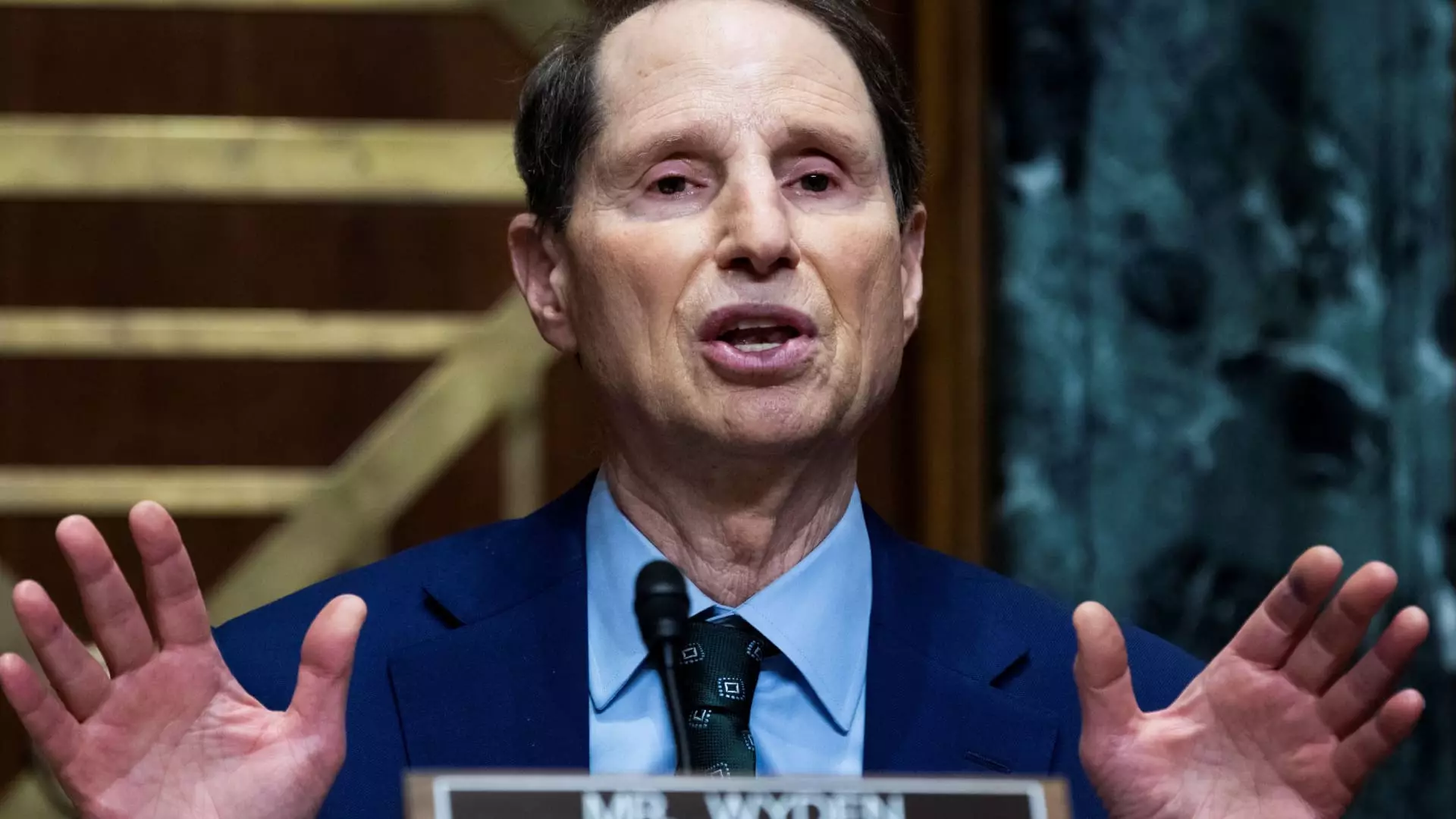As the expiration date for several significant tax provisions looms just a few years away, policymakers in the United States are grappling with critical questions that could have widespread ramifications. The Tax Cuts and Jobs Act (TCJA) of 2017, a sweeping piece of legislation signed into law by former President Donald Trump, implemented various temporary tax cuts that are set to expire after 2025 if Congress fails to act. These provisions are pivotal to millions of American families and small businesses, making the upcoming discussions incredibly consequential.
The TCJA brought forth various benefits, including lower federal income tax brackets, enhanced standard deductions, increased exemptions for gift and estate taxes, and a more lucrative child tax credit. Among these, the 20% Qualified Business Income (QBI) deduction stands out as a critical lifeline for small businesses. Estimates indicate that if these provisions are allowed to sunset, over 60% of tax filers could face higher tax bills, significantly impacting household budgets and enterprise viability.
Senate Finance Committee Chairman Ron Wyden underscored the urgency of the matter, characterizing it as a “make-or-break moment” for the American middle class. The upcoming negotiations will likely involve lawmakers from various backgrounds, each advocating for certain tax issues before the impending 2025 deadline.
Small businesses are particularly concerned about the potential loss of the QBI deduction, which can significantly reduce taxable income for many entrepreneurs, S corporations, partnerships, and sole proprietors. The National Federation of Independent Business has been vocal about the necessity of making this deduction permanent, arguing that it has been crucial for the survival and growth of small enterprises, especially in the face of hardships such as the COVID-19 pandemic and economic inflation.
Jeff Brabant, a key spokesperson for the federation, highlighted the difficulties small business owners have faced in recent years, suggesting that the vehicle for a viable economic recovery hinges on maintaining supportive tax structures. As these businesses drive job creation and economic stability, the loss of the QBI deduction could mean diminished opportunities for growth and increased financial strain, affecting not just the owners but also their employees and the communities they serve.
Another focal point in the discussion is the expansion of the child tax credit (CTC), which has proven to be an essential tool for improving after-tax income for working families. This expansion, initiated through the American Rescue Plan in 2021, temporarily raised the maximum credit to $3,000 or $3,600 per child, resulting in a significant reduction in childhood poverty rates. The CTC is particularly noteworthy because poverty indicators serve as crucial benchmarks for societal well-being.
Indivar Dutta-Gupta of the Roosevelt Institute underscored the necessity of maintaining and expanding this credit in order to sustain progress in reducing child poverty. He noted that subsequent to the expiration of pandemic relief measures, childhood poverty rates have escalated, raising alarm that without intervention, many families could find themselves in precarious situations once more.
As lawmakers lay out their priorities, they face a complex landscape marked by concerns over the national budget deficit, which has already prompted widespread debate regarding fiscal responsibility. With over $1 trillion spent on interest for the national debt of $35.3 trillion in the current fiscal year alone, every potential change to tax policy will need to be carefully weighed against its implications for the overall economy.
Echoing the sentiments of former Treasury officials and budgetary experts, economist Kent Smetters remarked on the urgency of addressing the looming fiscal challenges while navigating the tax reform landscape. He likened the current debates to a burning house, warning against getting lost in the details while overlooking the bigger, more pressing issues at play.
The forthcoming years will undoubtedly be pivotal in shaping the future of taxation in the United States. As lawmakers prepare for what could be a contentious debate over the TCJA’s expiring provisions, it is clear that careful consideration will be required to balance the interests of families, small businesses, and the larger economy against the backdrop of growing national debt. The decisions made will reverberate through households, communities, and the broader economy in both predictable and unforeseen ways.

